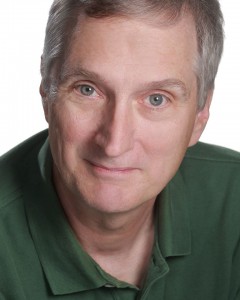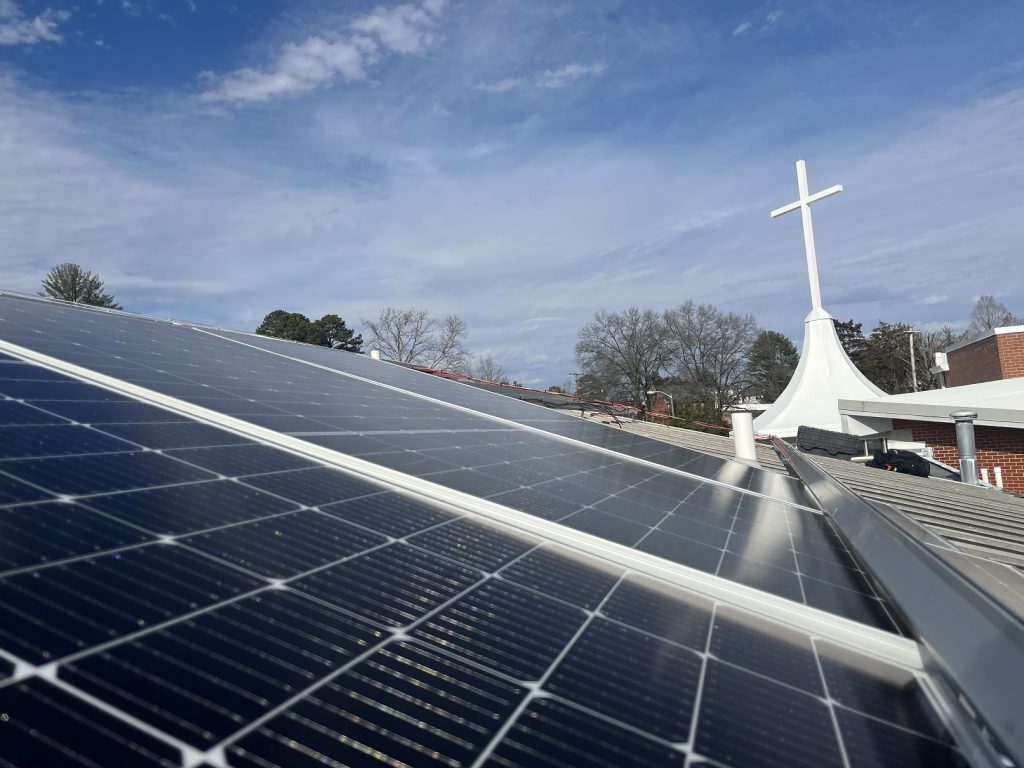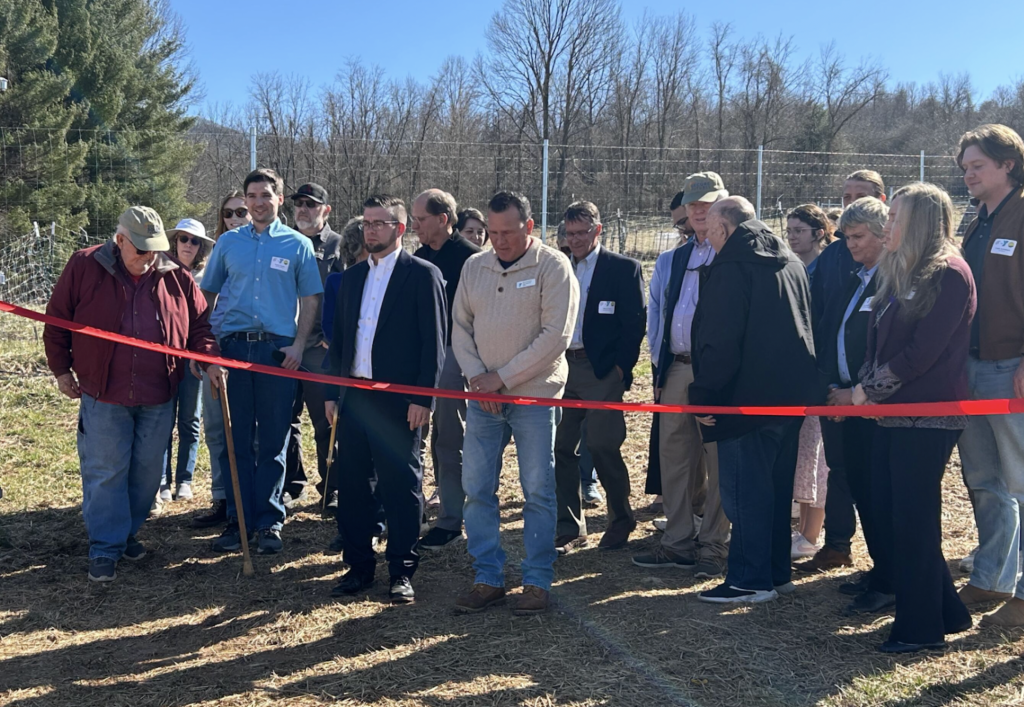Podcasting Appalachian History
By Bill Kovarik
Dave Tabler’s education in art history didn’t prepare him to be an Appalachian historian so much as his hope to overcome the way his father “spent a lifetime running away from mean jokes about marrying your cousin and swilling moonshine.”
After helping his father with a book, Tabler started the Appalachian History blog in 2006 (appalachianhistory.net) as a personal exploration. By 2013, Dave Tabler had over 1,300 blog entries and hundreds of podcasts on topics ranging from mountain music to labor history to the personal experiences of Appalachian people.
Tabler tackles the stereotypes in the blog, trying to remain balanced between the underlying truth about lawlessness among moonshiners but also the destructive stereotypes of backwoods hooligans.
One of the most interesting things about the podcasts and blogs is what readers say in the comments section below the articles. The comments often show the ways that history can collect around open, informal presentations that invite reaction.
In the comments below an article about the 1920 shoot-out and trial in Matewan, W.Va., for instance, this exchange took place:
Sara: My Grandfather was part of this trial I have a copy of the transcripts, and at one point he was sentenced to 99 years later dropped
Doug: Sara, I would love to talk to you. I have Sid Hatfield’s police badge. I also have Albert and Lee Felts’ Baldwin Felts badges
Liz: Doug and Sara, please let me know if there is any way to get a copy of the transcript or a picture of the badges. My husband and I just purchased T.L. Felts home…
Nostalgia is important to Tabler. “Yes, I still love posts about swimming in mud holes and firing BB guns at bottles,” he admits. “But if that’s all I offer my readers, they’ll weary of the site quickly.”
“These days I get excited over interviewing and offering up work by innovative scholars, authors, filmmakers, and preservationists who have fresh perspectives on the region’s history,” he said. “I want to share with my readers and listeners the idea that history is a living thing, a deep reservoir from which to nourish today’s culture, a tool to shape our current notions of what our heritage is and therefore what to do next to preserve and extend it.”
Related Articles
Latest News

Leave a comment
Your email address will not be published. Required fields are marked *





